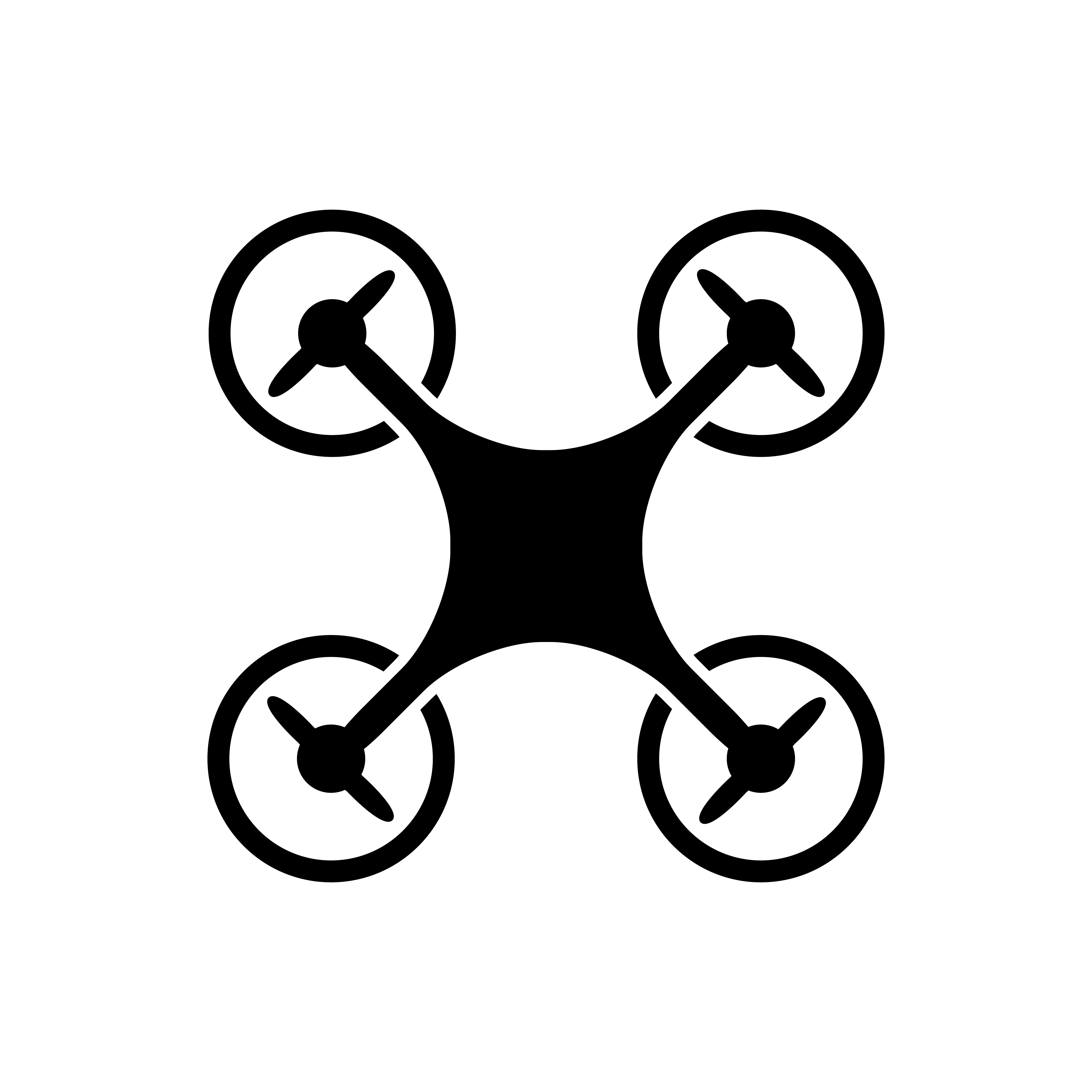Welcome to the Pangborn Advanced Controls Lab
We are a systems and control lab at The Pennsylvania State University, directed by Assistant Professor Herschel C. Pangborn. Broadly speaking, we study the science of automated decision-making in systems, optimizing the design and real-time operation (i.e., control) of systems with high societal relevance.
Our research enables new paradigms in the performance, safety, efficiency, and sustainability of vehicles, power grids, and buildings. Key to achieving this objective is our systems-level approach to control and design, which enables coordination across multiple components, timescales, and physical domains. The systems we study include autonomous ground/aerial robots, electrified aircraft, hybrid cars, uncrewed undersea vehicles, microgrids, and thermal management systems in buildings.
In addition to achieving our technological goals, we also train the next generation of engineers to address exigent challenges and opportunities in control theory, energy systems, and sustainability. This inspires our student-centric mentorship of undergraduate and graduate students in research and professional development. Our program is oriented around providing students with the experience and expertise to achieve their career goals following graduation.
Our systems-based approach intersects several areas:
Controls and Optimization
Modern systems are often too complex for decision-making to be governed by a single, centralized controller. We develop hierarchical and distributed control frameworks that employ a network of communicating controllers to coordinate decision-making across multiple components, timescales, and physical domains. Predictive control methods allow these frameworks to take proactive action in optimizing system behavior. We also specialize in the control of systems that exhibit switched dynamic behavior and/or have actuators with discrete modes of operation. Contributions to control theory establish guarantees on performance and safety, while closed-loop experimental application bridges the theory-practice gap. We also investigate systems-level design approaches to optimize architecture selection and component sizing for energy systems.


Safety-Assured and Energy-Aware Autonomy
Autonomous vehicles spanning air, land, and sea applications must be capable of safely navigating their environments (e.g., avoiding obstacles) while operating within energy limitations (e.g., stored fuel or battery capacity). Our research in this area is developing algorithms for path planning and control of autonomous vehicles that respect both safety and energy constraints. In addition to advancing the fundamental theory of these algorithms and evaluating them in simulation environments, we are also developing testbeds for their experimental validation.
Thermal and Electro-Thermal Systems
The electrification of energy systems is a technological megatrend that has transformed buildings, aircraft, automobiles, and naval ships. With electrification, the ability to manage thermal and electro-thermal interactions within energy systems has increasingly become the limiting factor of their capabilities. The modeling, design, and control approaches developed by our lab enable increased power/energy density and decreased operating costs, while bringing new paradigms in performance, safety, efficiency, and sustainability.
Dynamic Modeling
We employ a combination of physics-based and data-driven methods to capture energy system dynamics across a range of timescales and physical domains. In modeling energy systems, we focus on capturing the most salient dynamic behaviors while retaining a level of computational simplicity that allows models to be leveraged for system-level design and real-time feedback control.
Recent News
12/2025:
The PAC Lab presented two paper at the 2025 IEEE Conference on Decision and Control in Rio de Janeiro, Brazil.
11/2025:
M.s. student Josh May completed his degree and will continue in his full-time role at Radiant Industries in California.
10/2025:
The PAC Lab presented four papers at the 2025 Modeling, Estimation and Control Conference, including one of six finalists for the best student paper award. Josh Robbins and our collaborator Hongliang Li were both recognized as "Rising Stars" in the ASME Dynamic Systems and Control Division.
10/2025:
Congrats to Sarah Chekan for passing the ME Ph.D. qualifying exam!
08/2025:
The PAC Lab welcomes PhD students Joe Pisani and Casey Hess, MS students Ben Kauffman, Finn Beck, and Jake Fenimore, and undergraduate researcher Alexa Gulea.
08/2025:
Congrats to Ph.D. student Josh Robbins for passing his comprehensive exam!
08/2025:
Congrats to Alex Haefner on receiving the "best graduate project" award from the PIPELINE program!
07/2025:
Congrats to Josh Robbins and Andrew Thompson on winning the Best Paper Award from the ASME DSCD Energy Systems Technical Committee at the American Control Conference!
07/2025:
The PAC Lab presented two papers at the 2025 American Control Conference in Denver.
07/2025:
Dr. Pangborn is appointed as the Shuman Family Early Career Professor. This professorship was created "to supplement support for an outstanding early career faculty member in the Department of Mechanical Engineering."
06/2025:
The PAC Lab welcomes graduate researcher Josh May.
__________________

